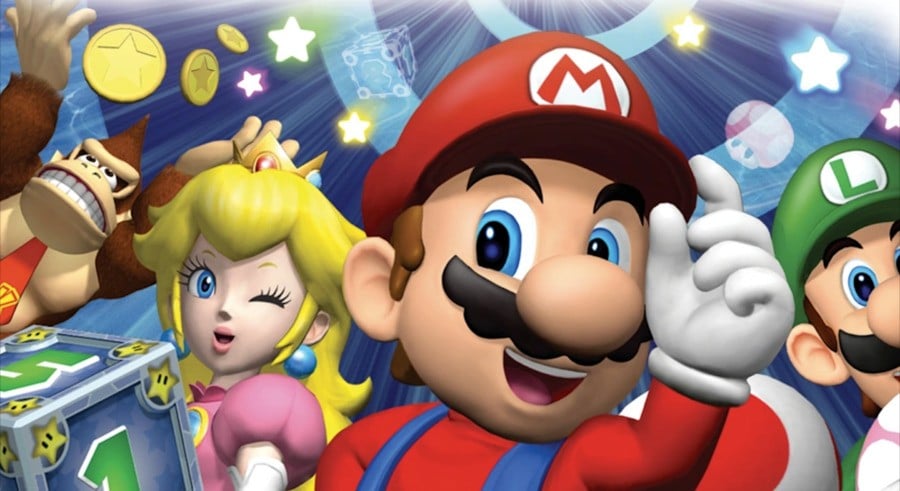
According to a brand new video from the YouTuber Matt KC Bytes, the 2002 party game Mario Party 4 has become the first Nintendo GameCube to officially be decompiled.
Decompilation, as you may already be aware, has become something of a popular topic in the retro community over the last few years, thanks to the existence of various projects that aim to reverse engineer the source code of classic titles for older machines.
To offer an incredibly simplified explanation of what goes into these decompilation efforts (we'll leave a more detailed description to the experts), the process typically involves translating an executable file into source code, which allows programmers to learn more about how the games were originally put together.
In some (but not all) cases, it is also can potentially lead to individuals using this reverse-engineered code to create native PC ports for modern operating systems (no emulation required), which potentially paves the way for modders to add more enhancements to the game (such as improved framerate, 4K resolution, widescreen support, etc).
In the past, we've seen decompilation efforts reaching completion for games released for the N64 and Xbox 360, as well as work-in-progress decompilation projects springing up for GameCube titles such as The Legend of Zelda: Wind Waker and Twilight Princess. But it appears that Mario Party 4 has pretty much come out of nowhere to become the first title for Nintendo's cube-shaped console to be considered fully complete.
It now stands at 99.8% reverse-engineered, with the final 0.2% apparently being the result of a "few stubborn functions", according to Matt KC Bytes' video.
If you're wondering why Mario Party 4 was picked for decompilation (let's face it, it's a good game, but probably not at the top of anyone's list of favourite GameCube titles), it was apparently due to a few reasons. This included the project lead Rainchus hitting a snag with their decompilation of the original N64 Mario Party title, advancements made in Nintendo GameCube decompilation tools, and the game's community discovering that the title had originally been compiled without optimizations (making the original source code slightly easier to reverse engineer).
You can view the project's GitHub repository here.

